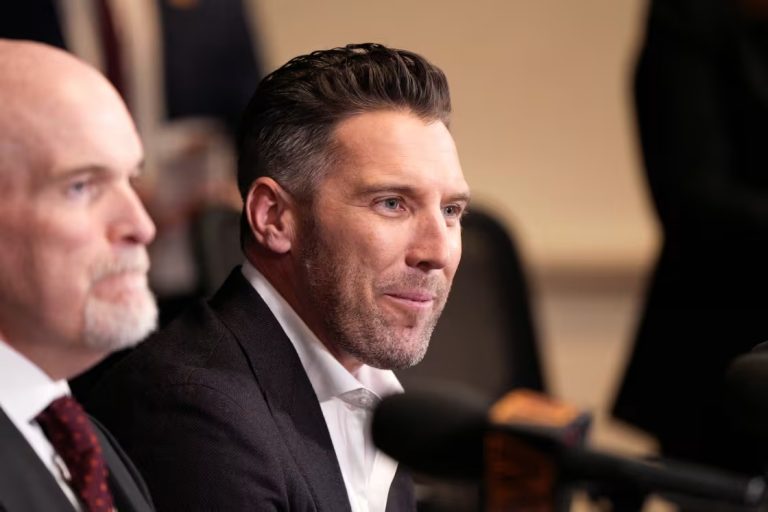Summary
- The House approves the government funding bill on a bipartisan basis.
- The bill now heads to the Democratic-majority Senate.
- The measure does not include Trump’s demand to lift the debt ceiling.
- It includes funding for storm-hit states and farmers.
On Friday, the Republican-controlled U.S. House of Representatives passed legislation to prevent a government shutdown at midnight. The move came despite President-elect Donald Trump’s demand to approve trillions of dollars in new debt alongside the bill. The legislation ensures that government operations will continue without interruption.
The bill now heads to the Democratic-controlled Senate, where it must pass to guarantee funding beyond midnight (0500 GMT Saturday). The expiration of current funding would otherwise trigger a shutdown. Lawmakers in the Senate will need to act swiftly to avoid any disruption in government services.
The White House confirmed that President Joe Biden plans to sign the bill into law if the Senate approves it. This step would officially avert the shutdown and keep government operations running smoothly.
As the Senate prepares to vote, the focus shifts to whether they will support the bill in its current form or introduce any changes. The outcome will determine whether the government remains funded and operational into the new year.
The legislation aims to extend government funding until March 14, allocate $100 billion for states affected by disasters, and provide $10 billion to support farmers. However, it does not include a provision to raise the debt ceiling, a task that President-elect Trump has urged Congress to address before his inauguration on January 20.
House Speaker Mike Johnson stated that Republicans will have greater influence over government spending next year. With majorities in both chambers of Congress and Trump in the White House, they will have more leverage to shape fiscal policy.
Johnson’s comments suggest that Republicans believe they will have a stronger position once they gain control of the legislative agenda. This shift in power could lead to changes in how the government allocates resources and handles budgetary matters.
As the new Congress prepares to take office, the focus will likely shift to how Republicans use their newfound authority to address spending priorities and fiscal challenges, including the ongoing debt ceiling debate.
“This was a necessary step to bridge the gap and position us to have a say in the final decisions on spending,” he told reporters after the vote, adding that Trump supported the package.
A government shutdown would disrupt essential services, including law enforcement, national parks, and federal workers’ paychecks. The travel industry also raised concerns, warning that a shutdown could cost airlines, hotels, and other businesses $1 billion per week, creating significant disruptions during the busy Christmas season. Authorities cautioned that travelers might face long lines at airports.
The package, which passed with a bipartisan vote of 366-34, resembled an earlier bipartisan plan that was abandoned this week after an online attack from Trump and his billionaire adviser Elon Musk. They criticized the plan for including unrelated provisions, such as a pay raise for lawmakers and a crackdown on pharmacy benefit managers.
Republicans removed most of those elements from the bill, including a provision that would have limited investments in China. Democrats argued that this provision would have conflicted with Musk’s interests.
“He clearly does not want to answer questions about how much he plans to expand his businesses in China and how many American technologies he plans to sell,” Democratic Representative Rosa DeLauro said on the House floor.
Although Trump has assigned Musk, the world’s richest person, to lead a budget-cutting task force, Musk holds no official position in Washington.
Musk expressed his satisfaction with the package on his social media platform, X, saying, “It went from a bill that weighed pounds to a bill that weighed ounces.”
House Democratic Leader Hakeem Jeffries acknowledged that the package still achieved key goals, such as providing disaster aid, preventing a shutdown, and blocking Republicans from enacting a debt-ceiling hike that would make it easier to cut taxes.
“We have successfully advanced the needs of everyday Americans, but there are still things to be worked on, and we look forward to that fight in the new year,” Jeffries told reporters.
NO DEBT CEILING HIKE
On Thursday, the House resoundingly rejected Trump’s demand to lift the debt ceiling, with 38 Republicans joining the opposition.
The federal government spent about $6.2 trillion last year and carries more than $36 trillion in debt. Congress will need to authorize further borrowing by mid-next year. House Speaker Mike Johnson stated that lawmakers would address the issue in January.
Representative Rich McCormick, one of the 34 Republicans who voted against the bill, argued that it would not alter the nation’s fiscal trajectory and would only add to the debt. “We will be the country of the past if we continue doing what we’re doing,” he said.
The federal government last shut down for 35 days during Trump’s first term due to a border security dispute. Previous debt ceiling standoffs have rattled financial markets, as a U.S. government default could trigger global credit shocks. The current debt ceiling suspension expires on January 1, though lawmakers likely would not have to address the issue before spring.

